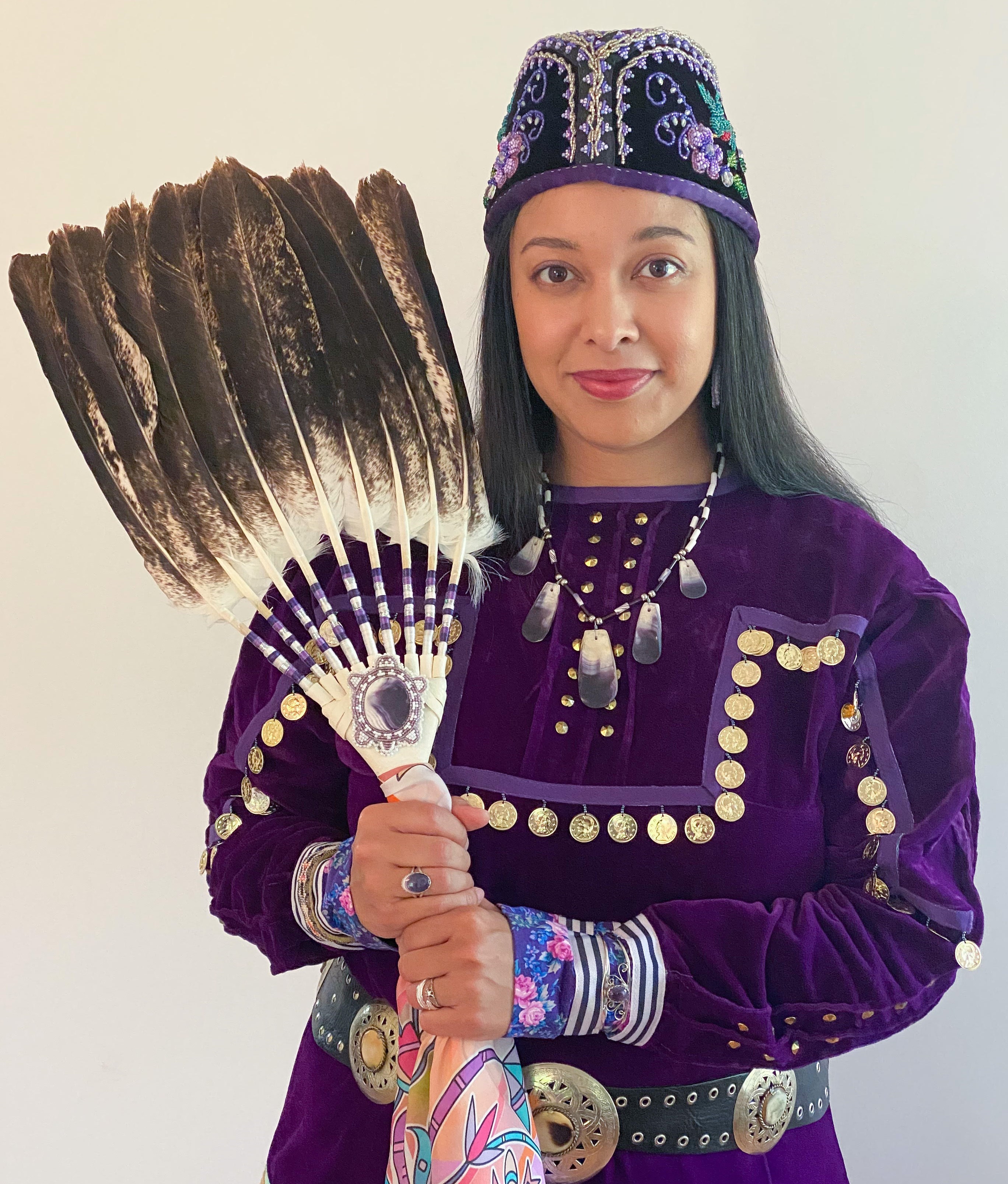When she got the letter from the Secretary of the Interior Deb Haaland, Kelly Dennis felt honored, then humbled.

Dennis has been selected to serve on the Secretary’s Tribal Advisory Committee, an inaugural board composed of tribal representatives from each of the 12 regions across Indian Country.
Dennis, an enrolled tribal member of the Shinnecock Indian Nation on Long Island, will serve as the Eastern Regional Primary Member representing 34 tribal nations and more than 62,000 tribal members in the Eastern region.
“I so admire Secretary Deb Holland and all the important work that she's done,” Dennis, Secretary of the Council of Trustees, the Shinnecock Nation’s governing body, told Native News Online. “I love working for my Nation and want to see how I can help her administration and a lot of all the other tribes, especially those in the Eastern Region.”
The advisory committee was announced as part of the 2021 White House Tribal Nations Summit, meant to ensure tribal leaders “have direct and consistent contact and communication with the current and future Department officials” to discuss Interior programs and funding that impact tribal nations.
“Tribes deserve a seat at the decision-making table before policies are made that impact their communities,” Secretary Haaland said in a statement announcing the advisory committee members on June 15. “Tribal members who are joining the first-ever Secretary’s Tribal Advisory Committee will be integral to ensuring Tribal leaders can engage at the highest levels of the Department on the issues that matter most to their people.”
In February, the Interior Department solicited nominations for the advisory board. Eligible candidates were required to be an enrolled tribal member “qualified to represent the views” in the region they were applying to represent. Nominations were prioritized by tribal ranking: Tribal President/Chairperson/Governor; Tribal Vice-President/Vice-Chairperson/Lt. Governor; Elected or Appointed Tribal Official; and Designated Tribal Official. Additionally, the Interior secretary selected one alternate from each region.
Other advisory board selections include Navajo Nation President Jonathon Nez representing the Navajo Nation Region; Chairman Walter Echo-Hawk of the Pawnee Nation of Oklahoma representing the Southern Plains Region; and President Whitney Gravelle of the Bay Mills Indian Community for the Midwest Region.
Dennis, an attorney who specializes in Tribal law, said that while each tribe in the eastern region has different funding needs, there’s a lot that can be learned through information sharing.
“Every tribe is unique and has its own issues,and needs to be heard and supported,” Dennis said. “To have the information available is so important to know what opportunities are out there. It can't just be the tribe itself trying to figure that out. You have to have a web of support within our regions and continue to stand together and be able to more effectively engage with federal agencies.”
More Stories Like This
Native News Weekly (August 25, 2024): D.C. BriefsUS Presidents in Their Own Words Concerning American Indians
Merry Christmas 2025
Navajo Man Faces Vehicular Homicide Charge After Child Killed at Navajo Nation Christmas Parade
Next on Native Bidaské: Lumbee Tribal Chairman John Lowery
Help us defend tribal sovereignty.
At Native News Online, our mission is rooted in telling the stories that strengthen sovereignty and uplift Indigenous voices — not just at year’s end, but every single day.
Because of your generosity last year, we were able to keep our reporters on the ground in tribal communities, at national gatherings and in the halls of Congress — covering the issues that matter most to Indian Country: sovereignty, culture, education, health and economic opportunity.
That support sustained us through a tough year in 2025. Now, as we look to the year ahead, we need your help right now to ensure warrior journalism remains strong — reporting that defends tribal sovereignty, amplifies Native truth, and holds power accountable.
 The stakes couldn't be higher. Your support keeps Native voices heard, Native stories told and Native sovereignty defended.
The stakes couldn't be higher. Your support keeps Native voices heard, Native stories told and Native sovereignty defended.
Stand with Warrior Journalism today.
Levi Rickert (Potawatomi), Editor & Publisher


